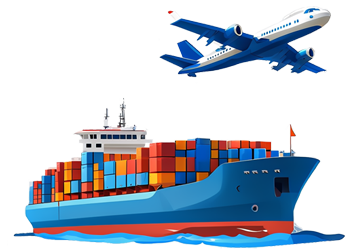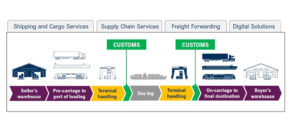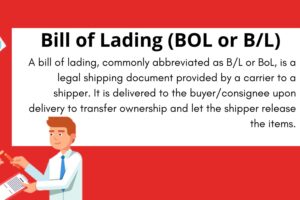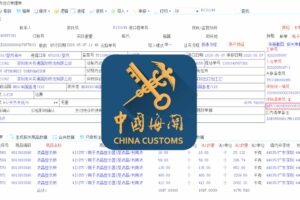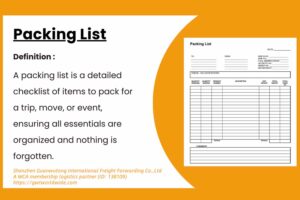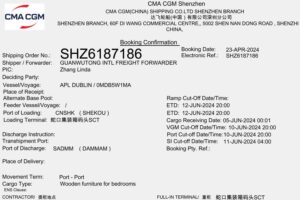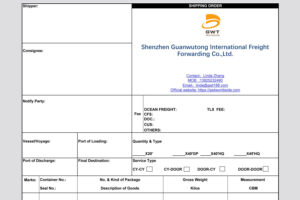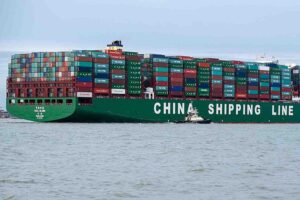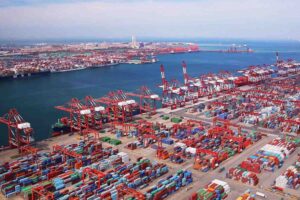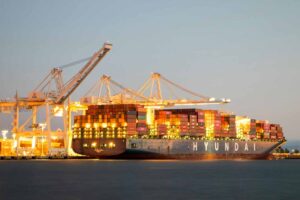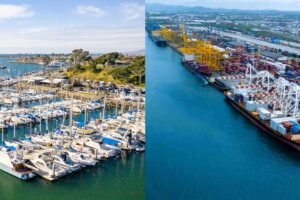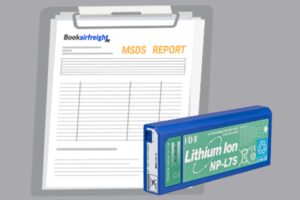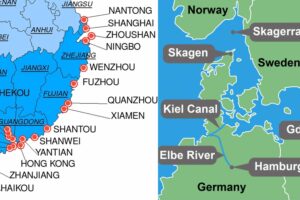A cargo booking confirmation form (empty) is sent by us to confirm shipping plan by sea or shipping plan by air. It’s filled out and sent back to us by shipper with seal or signature. We confirm the cargo space with carrier. Then the booking process is done. The Shipping Order (SO) is released. The process is actually very quick that finish within hours. In this article, my focus is not on the booking confirmation itself but on the pre-arrangement for both of the exporters and importers.
A shipment confirmation is done when both the shipper and carrier made cargo booking confirmation
In the global trade landscape, efficient logistics planning is a cornerstone for success, particularly for goods shipped to major markets like the EU and the US. Over the past 40 years, the demand for timely deliveries has intensified, especially during peak seasons such as Christmas. For importers, wholesalers, and distributors, failing to meet shipping deadlines can lead to significant financial losses and strained relationships with suppliers. Therefore, making early shipping arrangements is not just beneficial—it’s essential.
Cargo booking confirmation needs to be quicker. Shipping plan by sea by air needs to be earlier
We can’t let production and shipping slide into uncontrollable deadline. According to our experience, for both of the buyers and sellers, it’s very important to settle an available shipping plan at the very beginning when we are going to fixed a PO. We saw and experienced too many urgent shipping cases in the past 20 years forwarding business carrier. Naturally, we also saw a lot of shipments to not so desirable finally. Products of high quality are born with suitable price and organized supply chain arrangement that includes production arrangement and shipping arrangement.
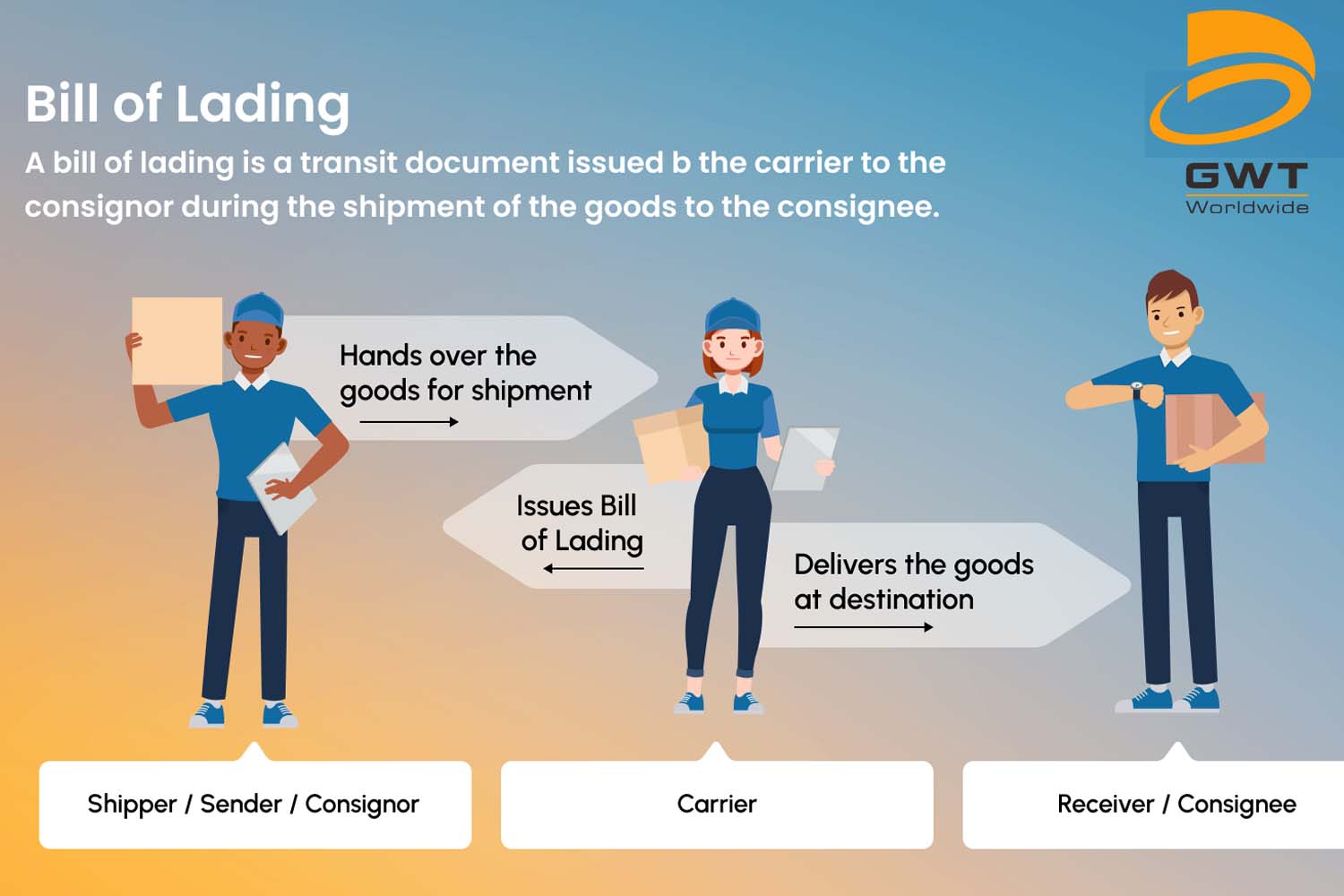
Making early shipping pre-arrangements during PO negotiations
Making early shipping pre-arrangements during PO negotiations can prevent many issues. We can avoid shipping delays: Early planning helps secure shipping slots and manage lead times. Earlier shipping plan can absolutely bring higher cost efficiency. Booking in advance can often result in better rates. In most cases of our life, we can benefit from earlier arrangement. A lot of people only know the rough idea of the sentence but never investigate why and how. Actually, according to my experience and study, we benefit from earlier arrangement right because we can reduce the risk. Apparently, an earlier shipping arrangement can reduces the risk of missing shipping dates and potential penalties.
We must make clear communication. It’s never be an unnecessary action to discuss logistics requirements and timelines during PO negotiations. You need to find trustful logistics partners. Involve freight forwarders early to explore options and secure space. Increase flexibility by building in buffer times to accommodate unexpected delays.
By integrating logistics planning into the negotiation phase, both buyers and sellers can ensure smoother operations and more reliable delivery schedules.
Have a shipping plan by sea or shipping plan by air? Raise a free inquiry to us.

Positively communicate after receiving PO
The producers and suppliers must positively communicate with your overseas clients and forwarders once received a confirmed PO. Cargo booking confirmation is a step-by-step work for a successful business.
For an exporting factory, it’s generally best to start making a cargo freight plan after receiving a customer purchase order (PO). Here’s a typical process:
After receiving the PO, the exporter must begin planning logistics to ensure timely delivery. Very important to coordinate with freight forwarders to secure space and rates. At the same time, we need to estimate production timelines to align with shipping schedules.
During production, we generally need to adjust the freight plan if there are changes in production schedules. Confirm shipping details and documentation requirements.
After production, we need to tightly finalize and execute the freight plan. Arrange for transportation and ensure all documentation is complete.
Starting the freight plan early allows for flexibility and better coordination throughout the process.
The impact of seasonal demand
The holiday season is a critical period for retailers, with a substantial portion of annual sales occurring in the weeks leading up to Christmas. During this time, store shelves must be stocked with products to meet heightened consumer demand. For importers, this means that shipping plans must be meticulously crafted and executed well in advance. Missing a shipping deadline can result in empty shelves, lost sales opportunities, and dissatisfied customers.
There will be big loss if the wholesalers and distributors lose the best selling time. No matter you have a shipping plan by sea or shipping plan by air, you must keep tight control on cargo booking confirmation.
Example 1: The Electronics Retailer
Consider a major electronics retailer that imports a popular line of gadgets from China. If the shipment doesn’t arrive in time for the holiday season, the retailer not only loses potential sales but also faces the challenge of excess inventory post-season, which may require significant discounting. This scenario underscores the importance of aligning production schedules with shipping timelines during the initial stages of purchase order (PO) negotiations.
Benefits of Early Shipping Plan By Sea By Air
Avoiding Delays:
Early planning allows importers to secure shipping slots and manage lead times effectively. By booking space in advance, companies can avoid the congestion that often plagues ports during peak seasons.
Cost Efficiency:
Shipping rates can fluctuate significantly based on demand. By arranging logistics early, importers can lock in favorable rates, thus reducing overall shipping costs.
Risk Mitigation:
With early planning, importers can build in buffer times to accommodate unforeseen delays, such as customs inspections or adverse weather conditions. This flexibility is crucial for maintaining a reliable supply chain.
You can fill the online freight quote form to get a specific shipping price.

Example 2: The Apparel Distributor
An apparel distributor planning to launch a new clothing line for winter must ensure that shipments arrive before the holiday rush. By coordinating with freight forwarders and securing transport early, the distributor can guarantee timely delivery, avoiding penalties and ensuring that their products are available when consumer demand peaks.
Strategies for Successful Early Cargo Booking Confirmation
Clear Communication:
From the outset of PO negotiations, it’s vital to discuss logistics requirements and timelines with suppliers. This ensures that both parties have a clear understanding of delivery expectations.
Collaboration with Logistics Partners:
Engaging freight forwarders early in the process allows importers to explore various shipping options and secure necessary space. This collaboration can also provide insights into potential challenges and solutions.
Building Flexibility:
Including buffer times in the shipping schedule can accommodate unexpected delays, ensuring that products reach their destination on time.

Conclusion
In conclusion, early shipping planning is a strategic necessity for buyers and importers aiming to thrive in competitive markets. By integrating logistics considerations into the negotiation phase and maintaining open communication with all stakeholders, companies can enhance their supply chain resilience and ensure that their products are available when consumers need them most. As the global market continues to evolve, those who prioritize early shipping arrangements will be better positioned to capitalize on opportunities and mitigate risks.
By emphasizing early planning, importers can safeguard their operations against the uncertainties of global shipping, ensuring success during critical sales periods.

